News
China Bank starts offering CNY savings accounts
China Bank starts offering CNY savings accounts
Move to tap currency’s booming popularity, as China is expected to further liberalize policies for yuan-denominated investment instruments.
SBI to add 4 South Africa branches
The lender chose organic growth than M&A for expansion as it opens opportunity for sustained growth for those wanting to tap into the Indian market.
PNB steps up global operations expansion
Aside from pending licensure in Australia and Canada, the lender eyes to move its international operations headquarters to London.
UCO Bank launches loan center for SMEs
The lender’s SME loan processing centres facilitate loan applications with credit requirement ranging from $55,666 to $5.57mn.
Hong Leong Bank re-organises its management roster
The new line-up to prepare the lender to take advantage on growth opportunities in the country and region.
Japanese banks profits to remain flat through 2012
But Japanese banks should have little problem getting their tier 1 capital up to 7% through profits, says Fitch.
Debt threats: China’s alarming credit-to-GDP ratio jumps from 120% to 166% in March 2011
Total system credit financing also increased by 71% to Rmb26.7 tn during 2009 and 2010.
PBCom silent on 67% stake bidders
Macquarie, adviser for the merger, would submit its recommendation to the bank after it completed its evaluation.
CIMB: Merger with RHB must be ‘value creating’
CIMB plans to have talks with Aabar Investments regarding the merger.
7 Philippine banks gets Moody’s credit rating upgrade
The rating agency said the rise in rating was in line with the upgrade of the Philippines' foreign currency deposit ceiling to Ba2 from Ba3.
Korean banks to stay strong amidst rising debt
Fitch says non-bank financial institutions will likely be more affected by it.
Lone Star files appeal to invalidate KEB charges
A lawyer for LSF-KEB Holdings SCA, which holds Lone Star's stake in KEB, said the fund had not deliberately manipulated KEB unit’s stock prices.
StanChart South Korea workers plan to go on strike
Employees demand that the lender should cease adoption of an incentive-based salary system, which is seen to cut salaries by as much as 46%
Chinese banks’ aggregated net profit up 33% to RMB 687.3 billion in 2010
The average ratio of non-performing loans of the 17 listed banks reduced from 1.58% at the end of 2009 to 1.14% at the end of 2010, says Ernst & Young.
HSBC and Citibank to apply as underwriter for more CNY bonds
The licenses would give more access to China’s interbank market where foreign companies such as UBS Securities and Goldman Sachs Gao Hua Securities are already underwriting bonds.
Woori fails to acquire Hanmi
Setback in $240mn Hanmi takeover seen to affect Woori's plans for overseas expansion.
ANZ Bank commences Mumbai operations
The Australian bank to give a full range of Indian Rupee and foreign currency banking services.
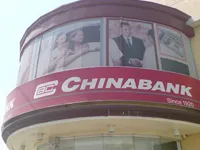
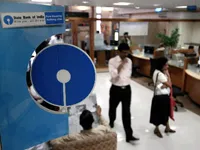
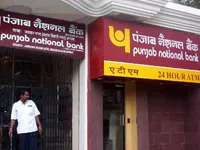
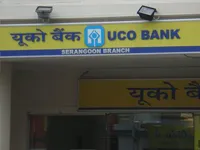
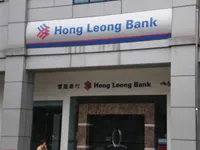
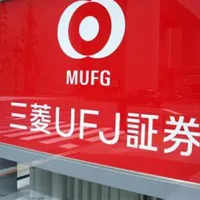
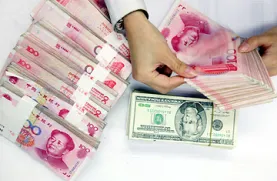
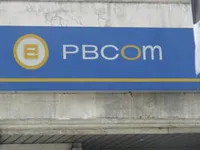
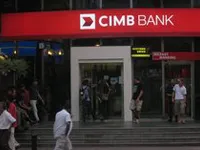

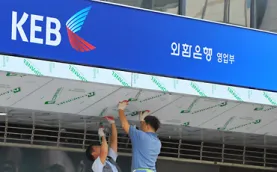
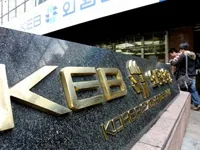
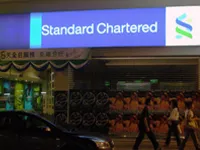
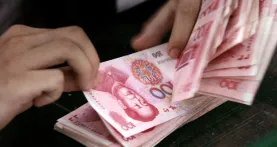
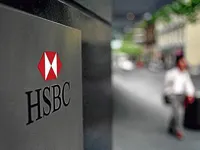
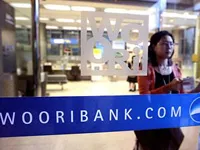


 Advertise
Advertise















Commentary
Asia’s banks hold the mandate to innovate. Now they must earn it.
Why Asia's banks are rebuilding their credit infrastructure in 2026
Banks retreat, private credit advances: Asia Pacific’s quiet lending revolution
Human Sparsity Blockchain: A citizen-validated ledger for digital finance supervision
Will stablecoins disrupt the banking business?
Digital transformation starts with leadership